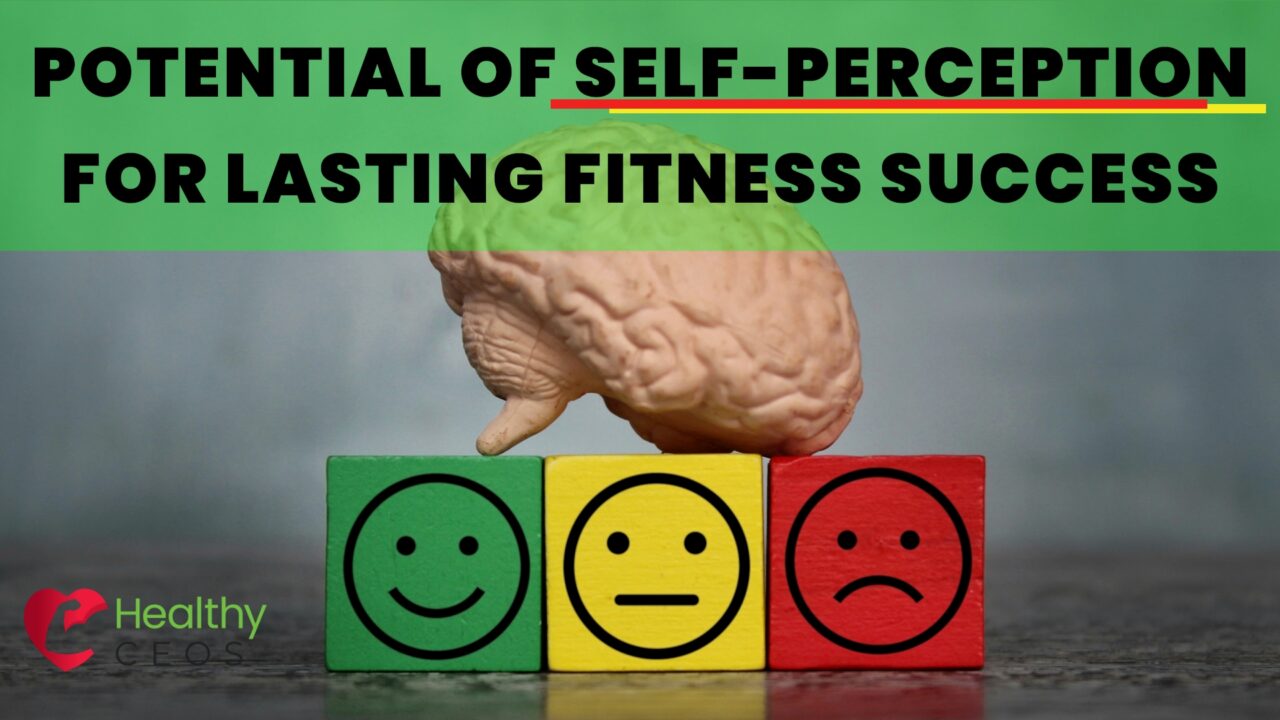The journey to fitness is more than just a physical transformation. It’s a profound evolution that reshapes not only your body but also your identity. This article explores how tapping into the power of identity can be the secret to sustainable fitness. With this in mind, creating an identity of strength and resilience can be a powerful way to keep motivated and embrace the journey to fitness for the long run. Establishing an identity of strength and resilience can also be a source of pride and self-love, helping you to make healthier lifestyle choices and stick with them. This can be a powerful tool to reach your fitness goals and to keep making progress sustainably.
Understanding Identity and Fitness
Identity is the perception we hold about ourselves, our beliefs, characteristics, and how we categorize ourselves in society. When it comes to fitness, your self-perception can significantly influence your motivation, commitment, and long-term success. For instance, if you have a strong sense of self-efficacy, you will be more likely to take on challenging fitness goals and find the perseverance to reach them. This is because having a strong sense of self-efficacy gives you the confidence to try new activities and stick with them, even when they become difficult. It also allows you to recognize and celebrate your successes, which can help to sustain your motivation over the long term. This can be beneficial for both physical and mental health, as it can lead to improved physical and psychological well-being. Additionally, setting and achieving fitness goals can be an empowering experience, which can lead to greater self-esteem and a more positive outlook on life.
Shifting Your Identity for Fitness Success
A recent study found that 73% of people who set fitness goals as New Year’s resolutions give them up. However, those who set realistic goals and shift their identity to that of an ‘active person’ have a higher chance of succeeding. This requires changing the way one thinks about exercise and taking a more positive outlook towards physical activity. Shifting your identity can help you achieve your fitness goals. Here’s how you can harness the potential of your identity to fuel your fitness journey:
1. Embrace the Athlete Within
Start by seeing yourself as an active individual. This mindset shift can help you naturally gravitate toward healthier choices and actions that align with your new identity. Embracing this new identity can help you create a lifestyle that supports and affirms your newfound self-confidence. You’ll also be better equipped to handle setbacks when you understand that even small changes can have a lasting impact. Remember, developing healthier habits is a journey, not a destination. Celebrate the progress you make each day and take pride in the fact that you are taking charge of your life.
2. Set Identity-Based Goals
Instead of setting outcome-based goals like losing 10 kg, focus on identity-based goals such as becoming a person who exercises regularly. This approach can foster intrinsic motivation, making your fitness journey more fulfilling and sustainable. For instance, instead of setting a goal of running a 10K race in 10 weeks, set a goal of becoming a person who runs five days a week for at least 30 minutes. Identity-based goals focus on developing behaviours and habits that will lead to the desired outcome, rather than just focusing on the outcome itself. This helps to form a positive self-image and creates an intrinsic motivation that is more likely to last over the long-term. By forming positive habits, you will be better able to achieve your goals and reach the desired outcome. Additionally, the satisfaction of forming new habits can be motivating in and of itself.
3. Practice Positive Affirmations
Positive affirmations can reinforce your new identity. Phrases like “I am someone who loves to exercise” or “I am committed to my health” can help reshape your self-perception and foster a stronger connection with your fitness goals. As the American author Steve Maraboli once wrote: “If you believe you can, you might. If you know you can, you will.” Affirmations alone won’t guarantee success, but they can provide a powerful reinforcement to the decisions and behaviours you choose to adopt. Believing in yourself will help you take the necessary steps to achieve your goals and make a real difference in your life.
4. Surround Yourself with Support
The people around you can influence your identity. Surrounding yourself with supportive individuals who value fitness can reinforce your new identity and encourage positive behaviours. However, some people might find that being around others who are health-conscious makes them feel bad about themselves. In these cases, it might be better to find a balance between being around people who support your fitness goals and those who don’t necessarily share those same goals. Taking time to find the right balance between supportive individuals who value fitness and those who don’t share those same goals can help to reinforce your new identity, while avoiding feelings of negativity towards yourself. This will also help you to stay on track with your fitness goals, as well as build a strong support system to help you through the ups and downs of this journey. Ultimately, it’s important to choose your environment and the people around you wisely.
5. Reflect Regularly
Regular reflection can help you stay connected with your evolving identity. Recognize the progress you’ve made, and remind yourself of your strength and resilience. For example, reflecting on the day’s events at the end of each day can help you trace the growth of your identity over time and appreciate your successes. Having a regular practice of reflection can help you to better understand how your experiences shape your identity and how you can use this knowledge to grow. It can also help you to stay grounded in the present moment, and to recognize and appreciate the progress you have made. Reflection can also help you to identify blind spots and areas of improvement, and can motivate you to continue working towards your goals. It can help you to cultivate self-compassion, and to be kinder to yourself when you make mistakes.
6. Be Patient with Yourself
Changing your identity doesn’t happen overnight. Be patient with yourself, celebrate small victories, and remember that every step forward brings you closer to your goal. As you take the necessary steps to reach your goal, it’s important to remember that transformation takes time, so don’t be discouraged if you don’t see immediate results. Focus on the process, not the outcome. Embrace the journey and remember to enjoy it. Most importantly, be kind to yourself. For instance, when trying to break an old habit, focus on replacing it with a new one over time, instead of giving up the habit altogether right away.
The Power of Identity in Overcoming Challenges
Embracing a fitness-focused identity can also provide resilience in the face of obstacles. When setbacks occur, instead of viewing them as failures, see them as temporary hurdles that don’t define you or your journey. Maintaining a strong connection with your fitness identity can help you navigate these challenges and stay committed to your path. When you miss a workout or skip a meal, instead of getting down on yourself, remind yourself of why you’re on this journey and focus on the progress you have made so far. Reframing setbacks as learning opportunities and using your fitness identity as a source of motivation can help you stay on track despite any difficulties that may arise.
Tapping into the power of identity can be a game changer for your fitness journey. By shifting your self-perception, setting identity-based goals, practicing positive affirmations, and cultivating a supportive environment, you can unlock lasting fitness success. Remember, fitness is not just about changing your body; it’s about evolving your identity to become the best version of yourself.
Shaun Tucker is the Founder of Healthy CEOs, a revolutionary health movement helping busy people improve their performance through the 5 foundations: Energy, Mindset, Lifestyle, Nutrition & Movement.

